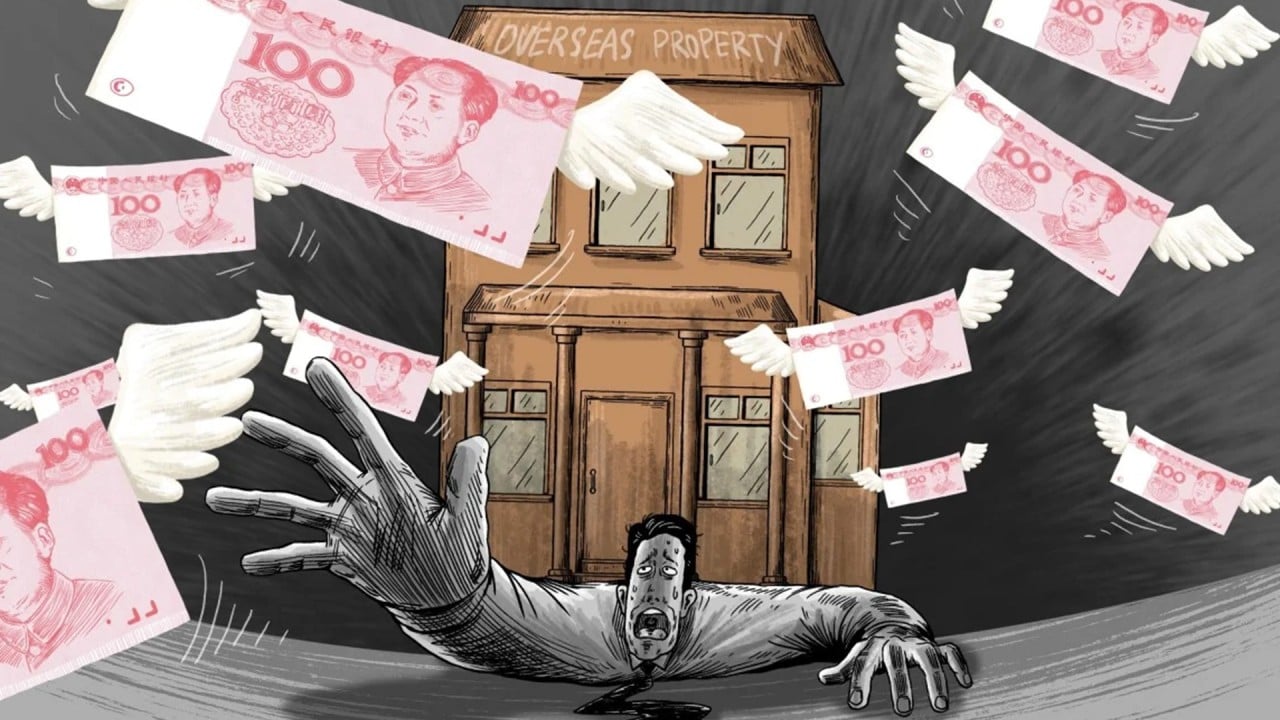
China appoints new finance head as government debt, revenue shortfalls threaten growth prospects
- Lan Foan, former party head of Shanxi, takes charge of finance ministry as previous holder retires
- Move comes as doubts grow over sustainability of government debts, revenue
Lan Foan has been appointed party chief of China’s finance ministry as Beijing battles to tamp down local government debt and boost fiscal revenue to put economic growth back on a sustainable trajectory.
Before the appointment, Lan was party chief of Shanxi province and previously served in financial departments at local and central levels.
Weak exports, property crisis weigh as China’s 2023 GDP forecasts cut
Zhang Zhiwei, chief economist at Pinpoint Asset Management, said the finance ministry reshuffle is “a positive development” for the economy and “indicates the policy stance may become more expansionary”, but it could take time.
“The change of policy may not happen immediately, as we are already close to the end of this fiscal year. Nonetheless this move makes a change in fiscal policy more likely next year, which is positive for the economy.”
Louis Kuijs, chief economist for Asia-Pacific at Standard and Poor’s Global Ratings, said that fiscal and monetary easing has remained limited because of the central government’s emphasis on containing leverage and financial risks.
“On the fiscal side, China has traditionally relied on local governments to shoulder most of the burden of stimulus,” Kuijs said in a note on September 24. “Currently, many local governments are financially stretched, and Beijing is reluctant to push through more local government-led fiscal stimulus.
“The central government could shoulder more of the burden, but remains reticent.”
Concerns continue to exist over default risks by local government financing vehicles (LGFVs), due to lower revenue growth prospects in some of China’s most indebted regions.
LGFVs are hybrid entities that are both public and corporate, created to skirt restrictions on local government borrowing. They have proliferated since the global financial crisis in 2008.
The International Monetary Fund estimated that China’s total LGFV debt had swollen to a record 66 trillion yuan (US$9 trillion) this year, more than double the 30.7 trillion yuan reported in 2017.
‘Serious violations’: China’s anti-corruption body ousts former finance official
There are no official figures of the total outstanding balance, but UBS’ chief China economist Wang Tao estimated it could be around 43 trillion yuan as of 2022.
China’s fiscal revenue rose 10 per cent between January and August – slower than the 11.5 per cent growth from January to July – despite signs of stabilisation in the wake of announced policy support.
Guangfa Securities estimated that general public budget revenue in August was 1.25 billion yuan, down 4.6 per cent year on year.
“The pressure on the revenue and expenditure of government funds is still high, and efforts are being made to resolve local government debt risks,” Pingan Securities said in a note on September 17. “It is necessary and urgent to introduce follow-up fiscal policies.”
Additional reporting by Ji Siqi


